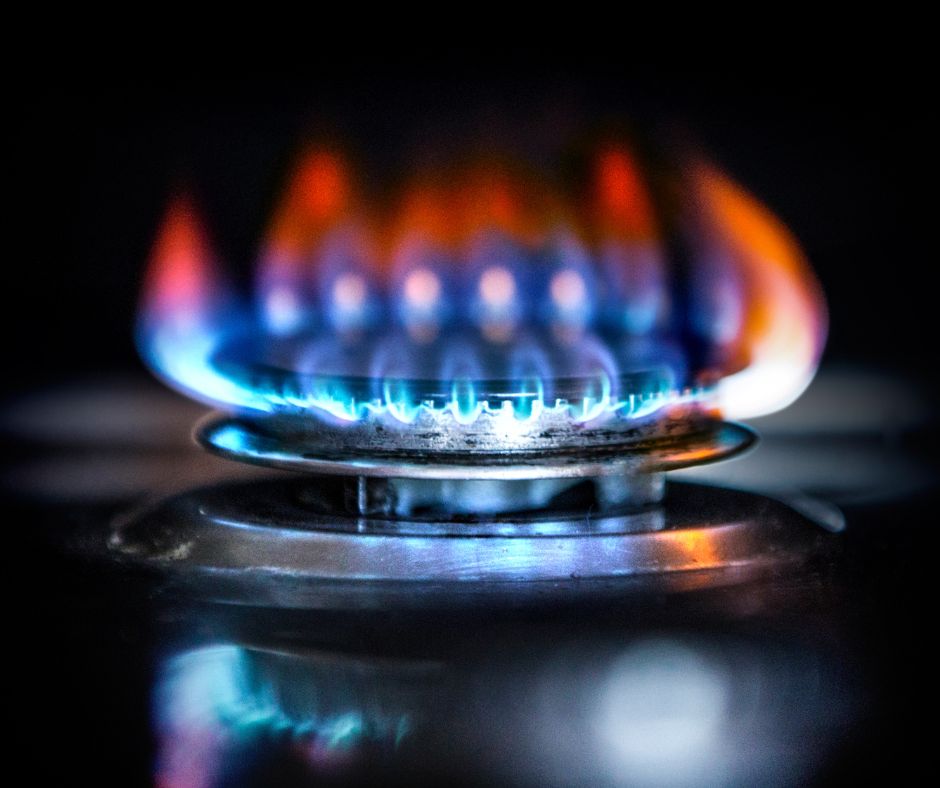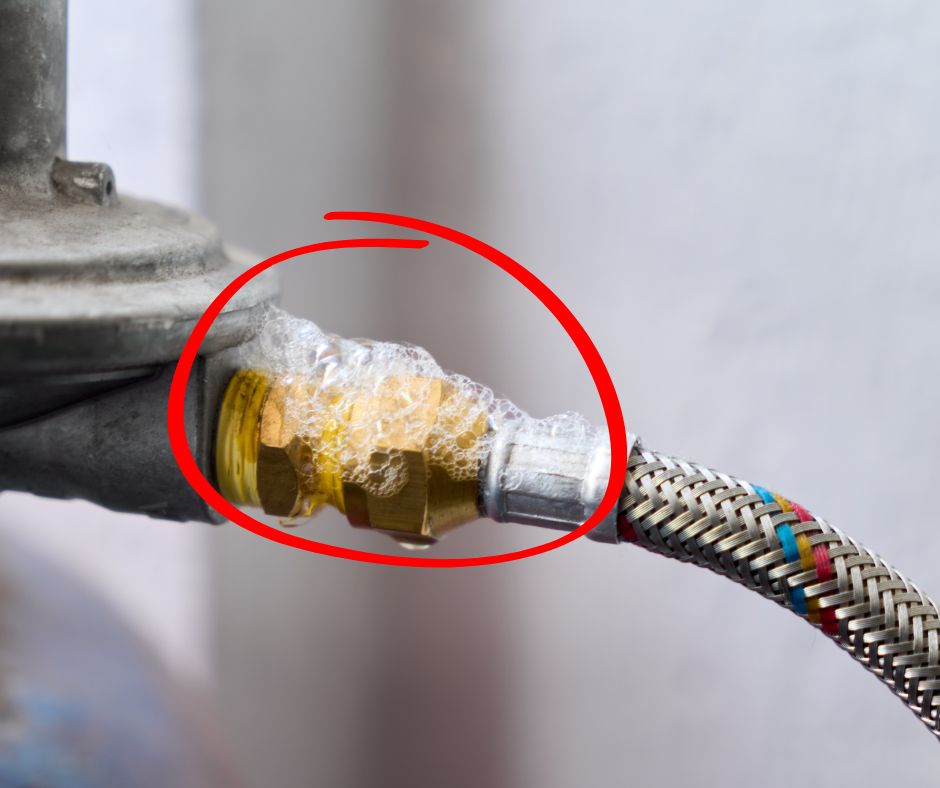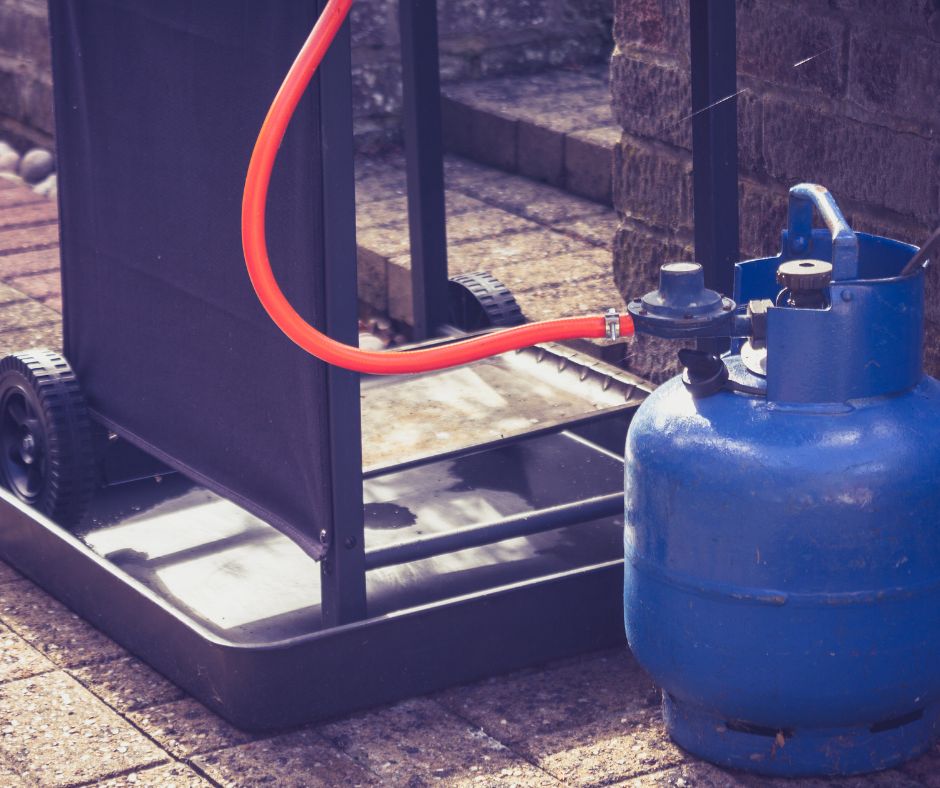Essential Steps to Identify Gas Leak Indicators in Your Home for Ensured Safety
Being able to identify the various signs of a gas leak is crucial for protecting yourself and your loved ones. Common signs include a strong odor similar to rotten eggs, unusual hissing or whistling sounds near your gas appliances or piping, and flames that appear yellow or orange instead of the standard blue hue. Additionally, if you experience frequent, unexplained headaches or dizziness, these may be serious symptoms of a gas leak. Another important indicator is the presence of dead plants close to outdoor gas lines, which often signals a significant leak. If you notice any of these alarming signs in your Wollongong home, it’s essential to turn off your gas supply at the meter, open windows for proper ventilation, and call a licensed gasfitter immediately for expert help.

Determining the Right Time to Contact a Professional Gasfitter During Emergencies
Encountering a gas leak is an urgent matter that requires immediate attention; delaying action can be dangerous. Just a single spark can transform a seemingly safe home into a perilous environment. Gas leaks may arise from various origins, such as defective connections, aging appliances, or even corrosion in underground gas lines. Swift detection and prompt intervention are critical in preventing injuries, property damage, or potentially disastrous situations. Homes in Wollongong, particularly those with outdated gas heaters or poor ventilation systems, face heightened risks if their gas systems lack routine inspections. This comprehensive guide equips you with essential knowledge to recognize a gas leak, the immediate steps to take, and the appropriate times to engage a licensed gasfitter for urgent repairs.
Key Warning Signs You Should Not Ignore When Suspecting a Gas Leak in Your Home
1. Detecting the Strong Odor Associated with Rotten Eggs
Although natural gas is inherently odorless when pure, suppliers intentionally add a compound called mercaptan that emits a pungent scent reminiscent of rotten eggs to aid in leak detection. If you suddenly notice a strong odor resembling rotten eggs, it is imperative to heed this warning. This unmistakable smell serves as a critical alert that gas may be leaking somewhere in your home, necessitating immediate action to ensure the safety of all occupants.
2. Listening for Hissing or Whistling Sounds Near Your Gas Appliances
A common indication of a gas leak is the sound of gas escaping under pressure from a pipe or hose, often producing a faint yet discernible hissing noise. If you hear such sounds near your gas appliances or along gas lines, it may suggest a leak. Always remain vigilant and investigate any unfamiliar noises, as they could signify a serious safety issue that demands immediate professional assessment.
3. Observing Unusual Flame Colors in Your Appliances
Gas appliances, whether cooktops or heaters, are designed to burn with a clean, bright blue flame. If you notice flames that are yellow or orange, or if they flicker erratically, this may indicate incomplete combustion, which could be caused by gas leaks or blockages within the system. Recognizing such discolored flames is a critical warning sign that something is amiss with your gas appliances, necessitating prompt investigation to prevent further complications.
4. Experiencing Unexplained Physical Symptoms Among Members of Your Household
If you or other household members frequently experience headaches, dizziness, nausea, or fatigue while indoors, these physical symptoms might be indicative of gas exposure or carbon monoxide accumulation in a confined space. Such reactions are serious and should not be dismissed. It’s essential to acknowledge these symptoms and take appropriate precautions, as they may signal a hazardous situation requiring immediate action from a licensed gasfitter to mitigate risks.
5. Noticing Wilting Houseplants or Declining Outdoor Vegetation
Gas leaks occurring near outdoor gas lines or under slab connections can lead to the gradual decline of nearby plants and vegetation. This deterioration happens because the escaped gas displaces oxygen in the soil, making it increasingly difficult for plants to thrive. If you observe wilting or dying houseplants or outdoor flora in close proximity to these areas, it may indicate a gas leak that requires immediate evaluation by a qualified professional.

Essential Steps to Follow If You Suspect a Gas Leak in Your Home
1. Immediately Shut Off the Gas Supply
Locate your gas meter and rotate the valve clockwise to turn off the gas supply to your residence. This valve is typically situated on an exterior wall, usually at the front or side of the house. Acting quickly at this stage is crucial for ensuring the safety of everyone in the household.
2. Avoid Using Any Electrical Devices
Do not switch on lights, appliances, or any electrical outlets. Even the slightest spark from an electronic device can ignite leaked gas, leading to potentially catastrophic results. Maintain a safe distance from any electrical sources until professionals can assess the situation.
3. Open All Windows and Doors for Proper Ventilation
Facilitating adequate airflow is vital in mitigating the dangers associated with gas accumulation. Open all windows and doors to allow fresh air to circulate; cross-breezes can be particularly effective in dispersing any accumulated gas. This step is essential to reducing the concentration of gas in the air within your home.
4. Refrain from Attempting Repairs on Your Own
Only licensed gasfitters are authorized to repair or reconnect gas systems in NSW. Any attempt to modify or repair the system can introduce further risks and may void your insurance policies. It is imperative to leave repairs to qualified professionals who possess the necessary skills and training to handle such delicate situations safely.
5. Contact a Licensed Gasfitter Without Delay
If you suspect a gas leak, it is imperative to reach out to a licensed gasfitter for emergency response services in Wollongong and surrounding suburbs. Contact CS Plumbing’s licensed gas services or our 24/7 emergency plumbing team for immediate and professional assistance.
Understanding Compliance with NSW Gas Safety Regulations for Your Home
In New South Wales, all gasfitting work must adhere to the Gas and Electricity (Consumer Safety) Act 2017, which ensures that the highest safety standards are maintained. All gas-related work must be performed by a licensed gasfitter to comply with these crucial regulations.
After any regulated work is finished, it is advisable to request a Certificate of Compliance to verify that all safety standards have been met. As a homeowner in Wollongong, you have the legal obligation to ensure that your gas appliances and installations are exclusively maintained and repaired by licensed professionals.
Proactive Measures to Prevent Future Gas Leaks in Your Home
- Schedule annual gas safety inspections, particularly before the winter heating season, to ensure everything is in optimal condition.
- Replace old flexible gas hoses and bayonet fittings that appear cracked or brittle to prevent potential leaks.
- Ensure vents and exhausts are free of obstructions to guarantee proper airflow throughout your home.
- Regularly check for corrosion on outdoor connections, especially after heavy rainfall or exposure to coastal conditions.
- Utilize only branded, certified gas appliances to ensure maximum safety and operational efficiency.

The Article: Detect and Respond to a Gas Leak in Your Wollongong Home first appeared on https://writebuff.com
The Article Gas Leak Detection and Response for Your Wollongong Home Was Found On https://limitsofstrategy.com

